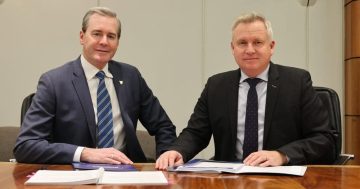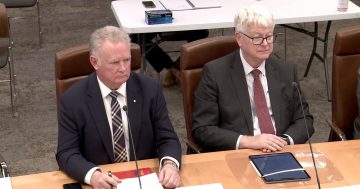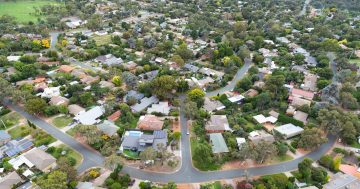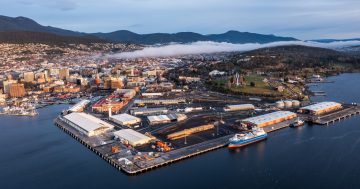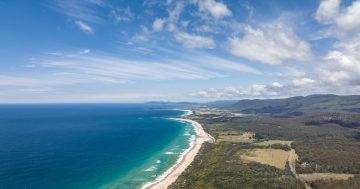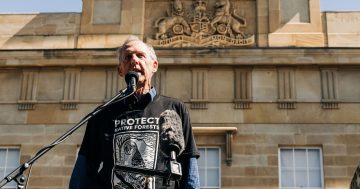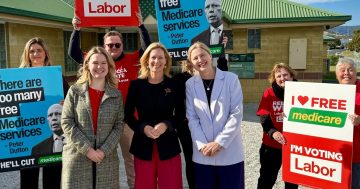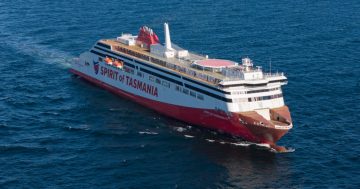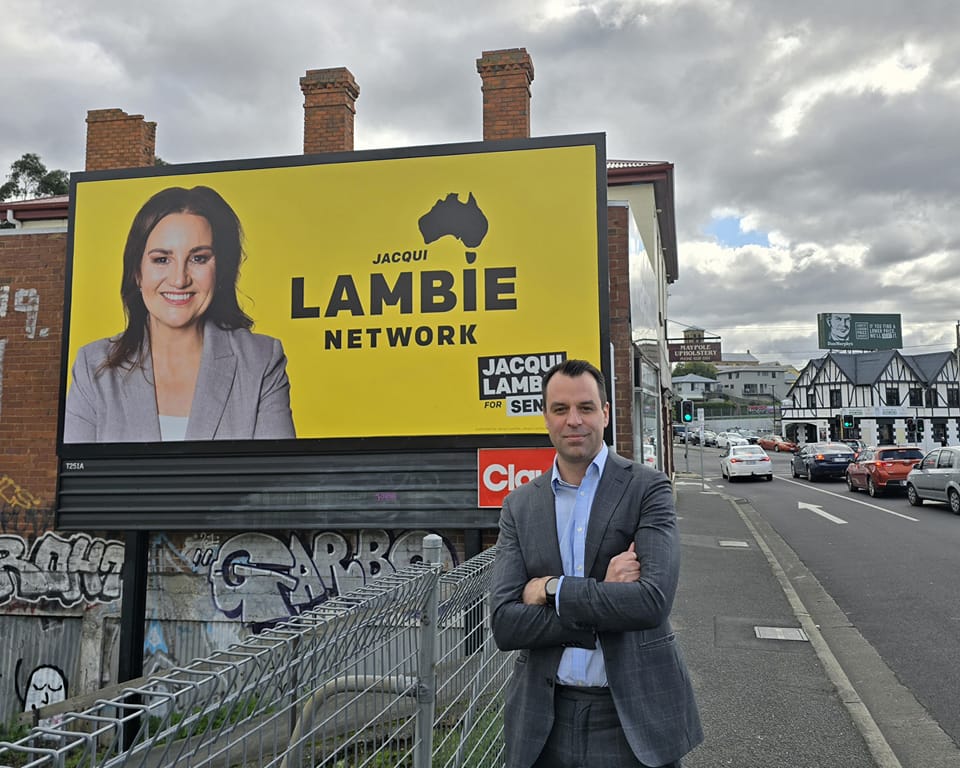
Opposition Treasurer Josh Willie accused the JLN of breaking a promise to deliver transparency and accountability, after its state MPs failed to back up calls for the resignation of Deputy Premier Michael Ferguson. Photo: Facebook Josh Willie MP.
An independent review claims Tasmania’s public sector finances have “deteriorated significantly” since the late 2010s – and the situation “is entirely attributable to policy decisions”.
Economist Saul Eslake has submitted his examination of Tasmania’s state finances to Premier Jeremy Rockliff and three MPs from the Jacqui Lambie Network (JLN). It included 26 recommendations to change the island’s financial position, generally aimed at selling off public assets, increasing revenue and decreasing spending.
The review claims increased operating or recurrent expenses, spending on infrastructure projects, and reduced taxes delivered via government policy have failed to prevent Tasmania from being “consistently poorer than that of any other state or territory”.
Conversely, “the effects of factors beyond the control or influence of any state government have, more often than not, had a favourable impact on the government’s finances”.
The review claims the state’s persistently below-average employment and productivity is partly attributable to the COVID-19 pandemic and compensating survivors of institutional child sexual abuse. These trends allegedly began well beforehand and are set to continue with Tasmania’s credit rating likely being downgraded – “probably by more than one notch”.
In the absence of corrective policy actions, Mr Eslake’s review projects the financial position of Tasmania’s government sector will worsen over the next decade with:
- Cash deficits averaging almost $1.3 billion per annum
- Net debt rising to over $16 billion (equivalent to more than 25 per cent of gross state product) by the end of the 2034-35 financial year
- Interest payments rising from about $250 million in 2024-25 to $730 million in 2034-35 (or from about 2.25 per cent to 6 per cent of total revenues).
The economist said this “should not come as a surprise”, with the Tasmanian Department of Treasury and Finance having “repeatedly warned” of these risks and the “impossibility of relying on economic growth alone to maintain fiscal sustainability”.
“Yet these warnings have gone unheeded, not just by the government of the day, but by all of the major participants in Tasmania’s political process, including during the campaign for the most recent state election.”
Claiming that a larger proportion of Tasmania’s population depends on the State Government’s services than any other Australian jurisdiction depends on their respective government – the review believes reducing operating expenses will not return its public finances to a sustainable condition.
Mr Eslake said this would have a bigger adverse impact on the Tasmanian economy and its “most needy or vulnerable”, than raising revenues by an equivalent amount.
“Based on assessments made by the Commonwealth Grants Commission, Tasmania has in recent years been spending about $530 million per annum less than it needs to in order to provide services similar to the average level and efficiency of all states and territories, whilst raising around $170 million less in state taxes and $42 million less in mineral royalties per annum than it would if its tax and mineral royalty regimes were similar to the average of all states and territories.”
Another issue facing the state is how it will afford to run what will become Australia’s “largest public sector infrastructure program”, relative to the size of any state or territory’s economy.
To resolve the challenge, Mr Eslake recommends Tasmania establish a Parliamentary Budget Office, enhance the independence of its Audit Office, and prepare 10-year projections of the state’s financial position – something he was “astonished” to discover was not already done.
Despite their boss, Senator Jacqui Lambie, calling for the resignation of Deputy Premier and Treasurer Michael Ferguson – none of the JLN state MPs have followed suit.
Senator Lambie also accused Minister Ferguson of hiding the ‘Spirits scandal’ by terminating the TT-Line chair.
Labor’s Shadow Treasurer Josh Willie claims these events have not only strained the JLN’s partnership with government but made the economic gap between Tasmania and the mainland “bigger than it has ever been”.
In response, Minister Ferguson told Labor they still had their annual opportunity to present an alternative budget – something they had never done in their 10 years in opposition.
“This is Josh Willie’s chance to break with the record of his predecessors,” he said. “Will 2024 be the year?”


